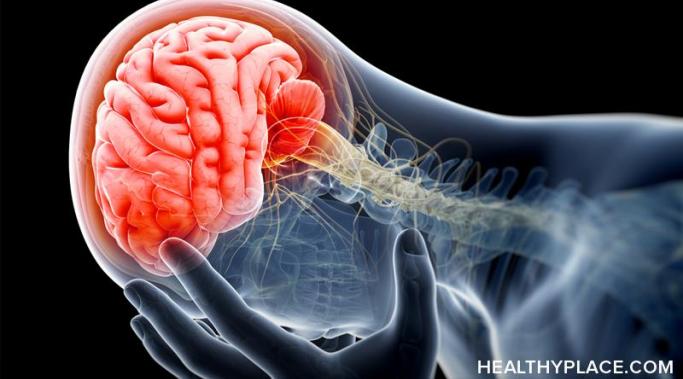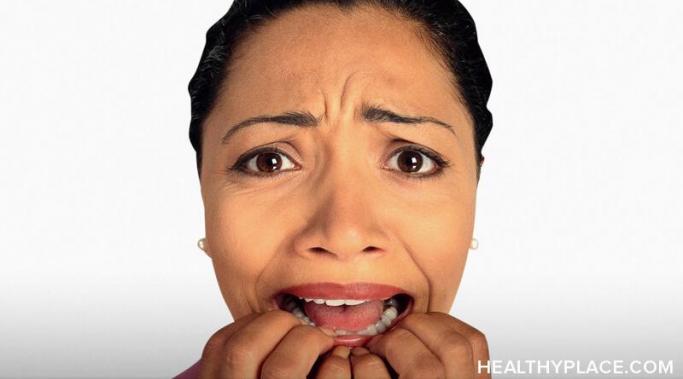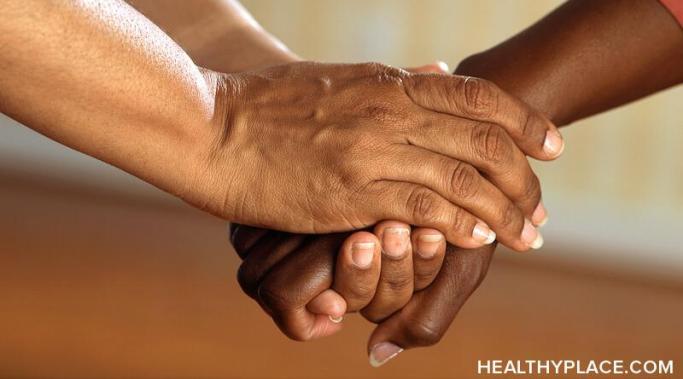Eating disorders can normalize dysfunction to the point where it starts to feel comfortable, even when it's miserable—but the road to healing breaks that cycle of mess and misery. During the years I spent under the influence of anorexia, suffering was my baseline. I resented this pain, but I also pursued it like a magnetic pull into the chaos that seemed predictable, familiar, and secure because it was all I knew. Healing showed me an alternative in which mess and misery is no longer a constant, and inner peace is attainable, no matter the circumstances.
Relapse Prevention
As someone who has been on the healing journey for almost 15 years (and counting), I can assure you that there is no need to rush eating disorder recovery. Of course, this does not mean you should overlook urgent health concerns or delay the search for crucial therapeutic interventions. But once you are in a safe and stable place, the work to heal from those false narratives or unresolved traumas beneath your eating disorder behaviors can take years. This process does not come with a linear time frame, so moving too hastily through it could rob you of valuable growth opportunities. For this reason, I firmly believe there is no need to rush eating disorder recovery.
In recent years, the practice of intermittent fasting has become a mainstream wellness trend—but while it might prove beneficial for some, intermittent fasting is not an option for my eating disorder recovery. I have been thinking about this lately because intermittent fasting sounds harmless at face value. It's a dietary plan that focuses on when rather than what to eat, which seems reasonable. But I am also self-aware enough to know that even well-intentioned parameters or structures around eating can turn into full-blown restriction. So, intermittent fasting in eating disorder recovery is not for me.
The voice of my eating disorder (ED) often tries to influence what I think, feel, or believe about myself—but ED thoughts do not have to become actions, no matter how persuasive they sound. An ED thought only has power if I choose to accept its narrative and react accordingly.
Learning how to make the shift from rigid to flexible behavior is a crucial part of eating disorder recovery. But I will be upfront about this: I am not a naturally adaptable or flexible person. I consider myself a creature of habit, someone who finds comfort in strict routines and stable environments. I structure my life in precise, meticulous detail—from the location in my house where I work, the times I eat and exercise, to the number of steps I take on a daily basis. Therefore, shifting from rigid to flexible behavior in eating disorder recovery is no simple task.
It took me several years of personal growth and cultural awareness to realize there are systemic barriers to eating disorder treatment. My battle with anorexia was painful and tumultuous, but access to therapeutic interventions made the healing journey feel possible. While I am immensely grateful for this, I also cannot brush aside the conspicuous reality that certain prohibitive eating disorder treatment barriers still exist.
When I revert back to an anorexic mindset, it becomes all about earning my worth. Even if I resist the urge to act out eating disorder behaviors, I can still be susceptible to the anorexic mindset, which tells me I need to strive past my own limitations and prove that I am strong, capable, resilient, and valuable. I have a difficult time believing that my self-worth is inherent, so I force myself to achieve it—even if that means I hustle to the edge of burnout with no room to pause, breathe, and rest. An anorexic mindset is all about earning my worth, but l will be honest: This performance-based mentality creates a miserable existence at times.
Recently, I posed a challenge to myself to see if I could tolerate one day without a fitness tracker. This experiment should have been simple: Just set the device aside, then continue with all my normal activities for about 12 hours. The key phrase here is "should have been simple." But to be honest, it was so painfully difficult. Here's why I took on this endeavor—plus the humbling lessons I learned from one day without a fitness tracker.
I know it can be hard to believe sometimes, but needing help with eating disorder (ED) recovery is not a sign of weakness. It's one of the bravest actions you can take. Internalized fears or anxieties might whisper in your ear that asking for help means you are a failure, a burden, or a lost cause. But I hope you can trust me on this: Those inner voices aren't telling you the truth. It's okay to need help with ED recovery.
In my own experience, healing is intensive, painful, and humbling work. No one I've met (including myself) has been able to successfully pursue it alone. So, if you could use an extra boost of care, support, advice, or encouragement, don't allow fear to intimidate you from reaching out. I promise needing help with ED recovery is not a sign of weakness.
This week, I received a text from a longtime friend that sent me into an emotional tailspin. As a result, all motivation to care for myself evaporated into thin air. This news she shared was heavy to process, obviously, because I don't want to see her suffer, but also because I have firsthand experience with the issue she is facing.








